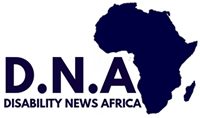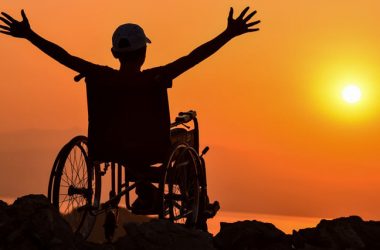The Ghana Federation of Disability Organisations (GFD), an umbrella body of organisation of persons with disabilities in Ghana is appealing to the government to make COVID-19 interventions responsive to the plight of its members.
It says its appeal was premise on the realisation that most initiatives by the government to reduce the spread COVID-19 and lessen its impact on individuals were discriminatory towards PWDs.
Speaking at a conference held in Accra last Friday (September 25) to ascertain the impacts of COVID-19 on women with disability and the way forward, the Chairman of the GFD, Mr. Alexander Bankole Williams, said PWDs needed special attention to enable them sail through the ramifications of the global pandemic due to their physical disabilities.
PWDS vulnerable
Mr. Williams said PWDs formed a vulnerable group that required access to and understanding of COVID-19 preventive protocols and services to boost national response programmes.
The event brought together stakeholders of PWDs and women living with disability from various organisations such as the Ghana National Association of the Deaf, Mental Health Society of Ghana and the Burn Survivors Association of Ghana and Ghana Blind Union (GBU)
Participants shared their experiences during the COVID-19 pandemic and how they were able to cope with little or no aid from anyone.
“It is obvious that government did not think about PWDs and how they go about when it pitched COVID-19 protocols such as social distancing, wearing of masks and washing of hands protocol”.
“Although these safety protocols are good, we want government to think about persons not in a reactionary manner but in a proactive manner in pandemics of this nature so that safety measures will not render PWDs handicapped or more disabled,” he said.
Impact on Women with disability
The Eastern Regional President of the GBU, Ms. Eunice Korlekuor, who is visually impaired said she missed much education on COVID-19 because of unavailability of people who would educate her.
She said people were not willing to get closer to them and educate them because they fear contracting the virus.
“For instance, before anyone teaches me as a hearing or visually impaired how to wash my hands he or she has to hold my elbow or hands and demonstrate. So nobody is willing to do that,” Ms. Korlekuor said.
She called on government to designate individuals that could help them to obtain the necessary COVID-19 education.
Policy Formulation
The Coordinator for Global Call to Action against Poverty, Mrs. Kyerewa Sekpey, appealed to the government to provide an equal platform for women with disability to participate in decision making at the national level.
This, she explained would give them a national voice to address their concerns as equal citizens.
“Women with disability have to share issues that concern them personally. Nobody should speak for them but they should speak for themselves and express what really bothers them,” she said.
Source: Graphic.com.gh






